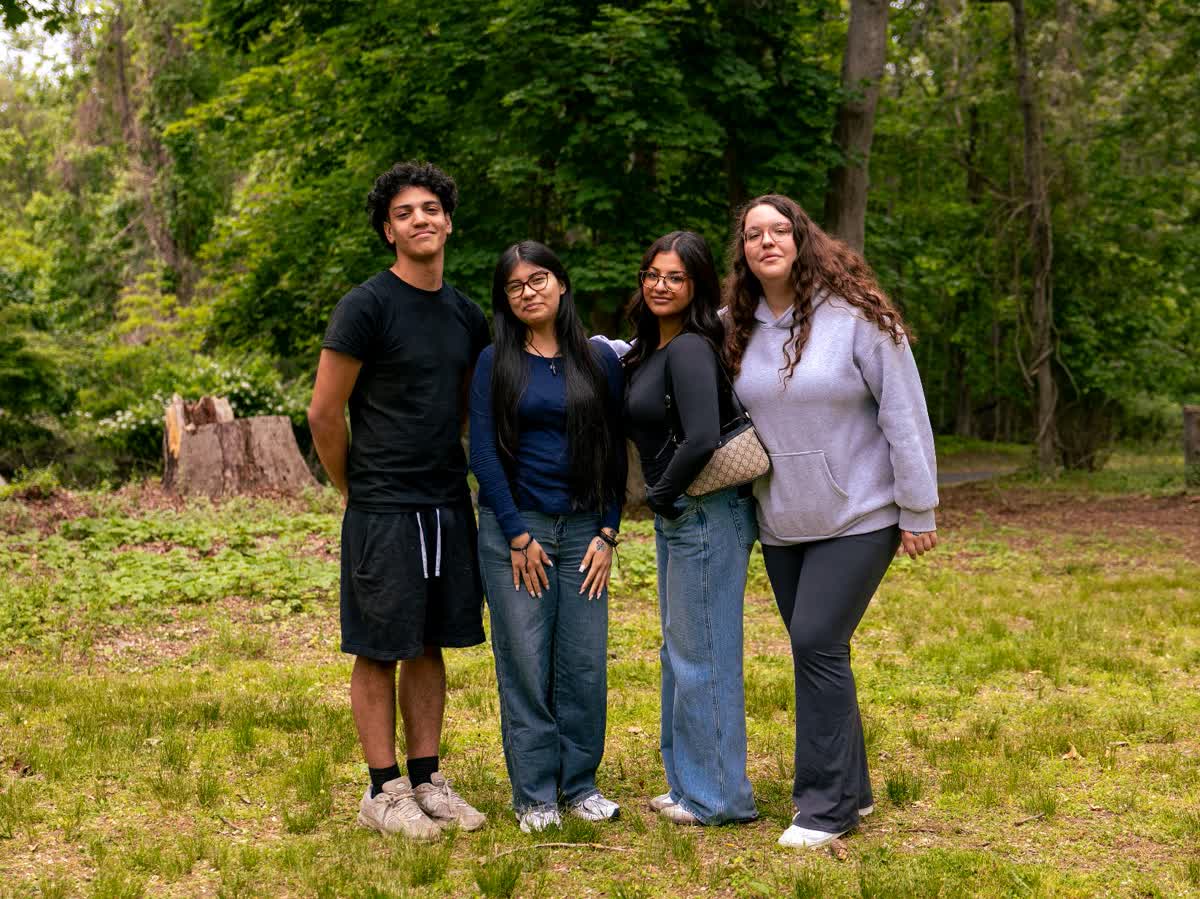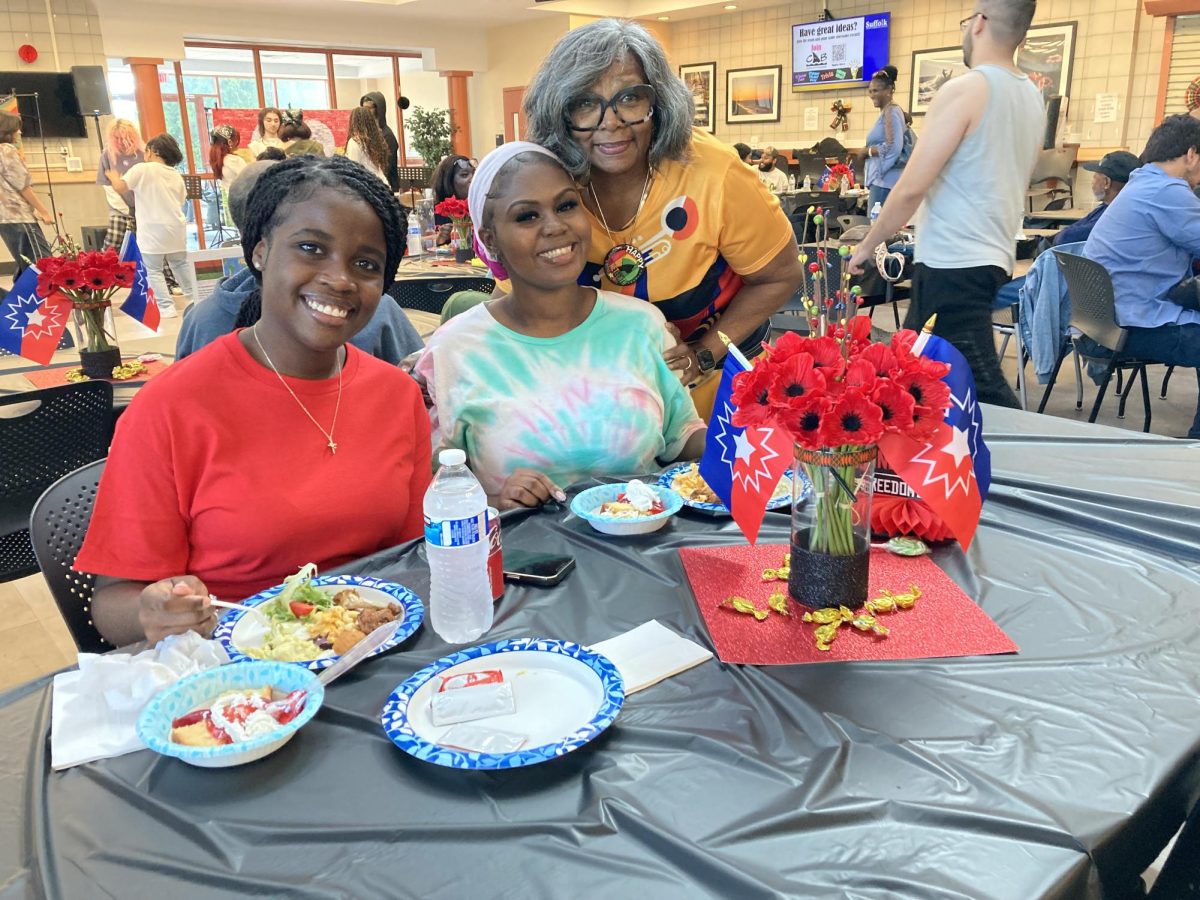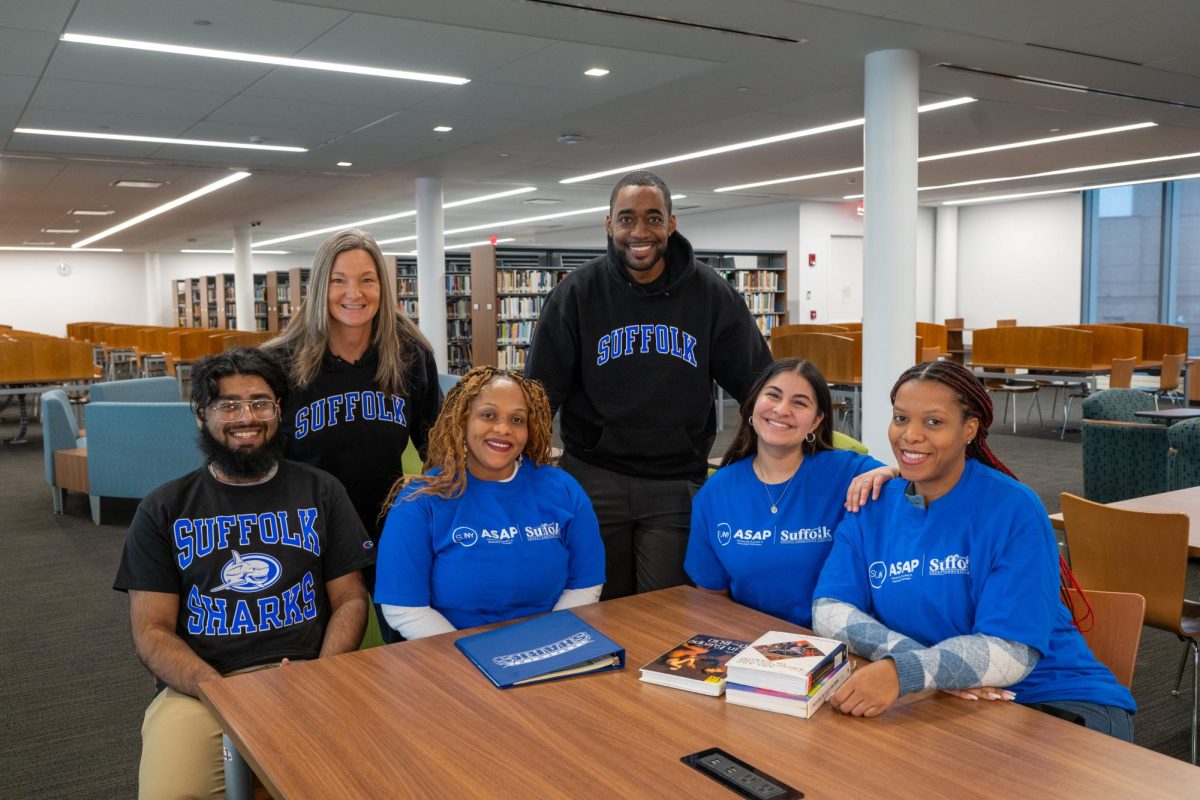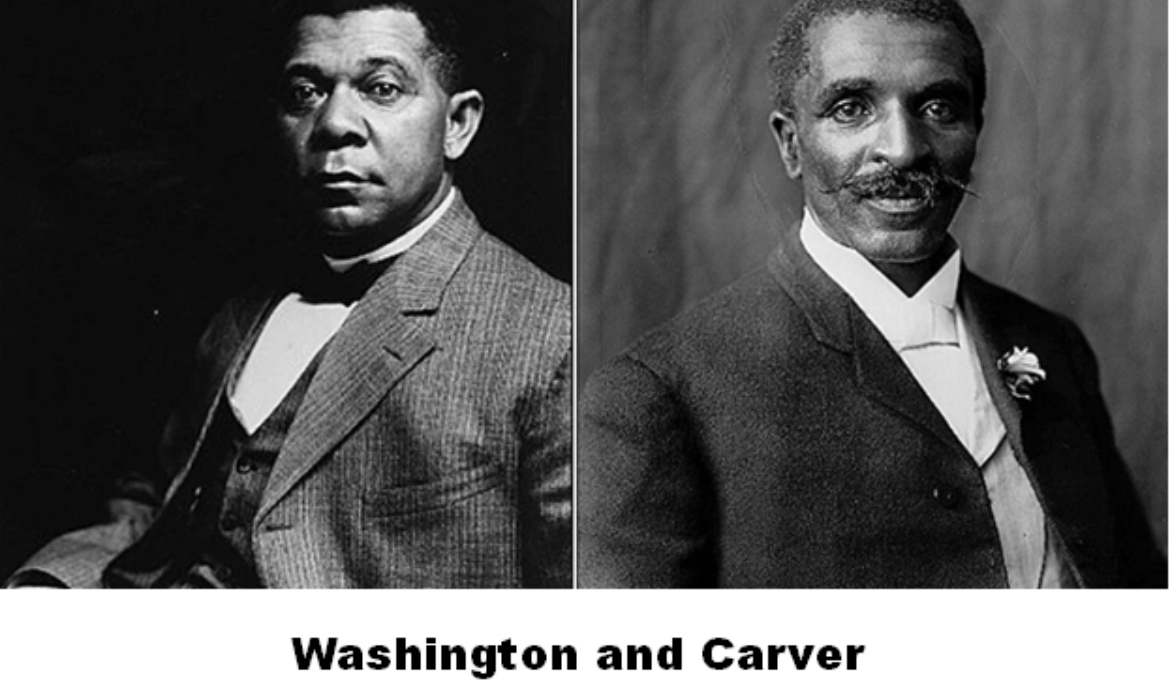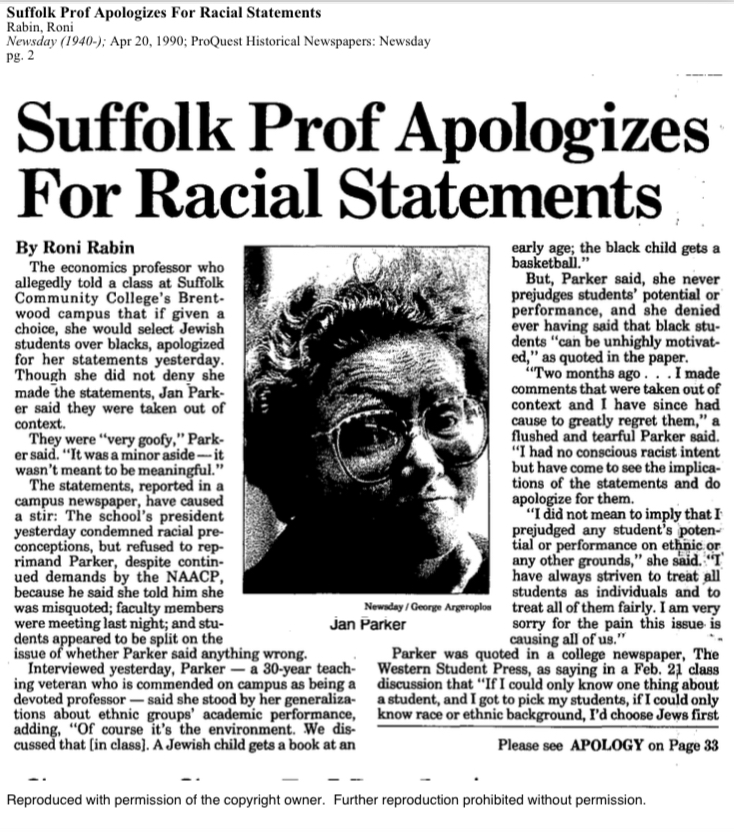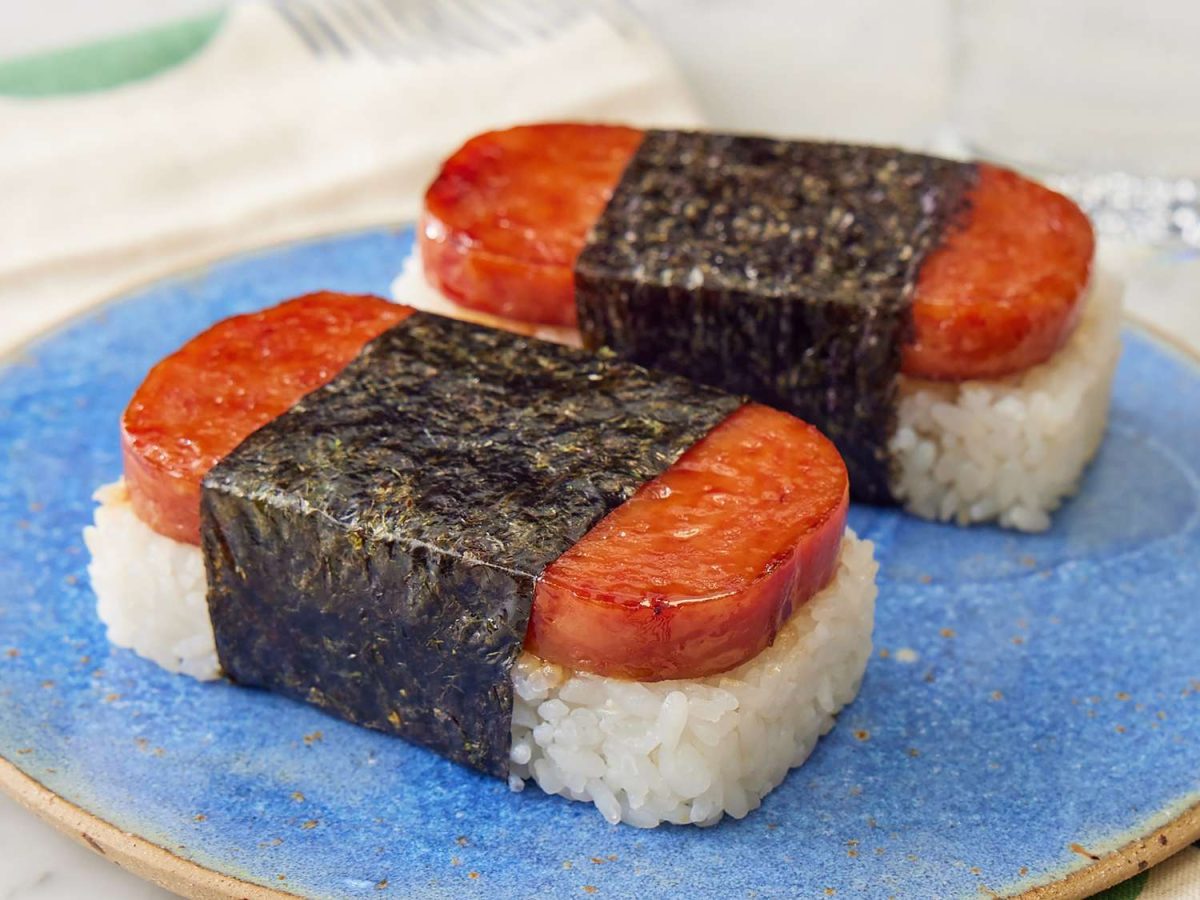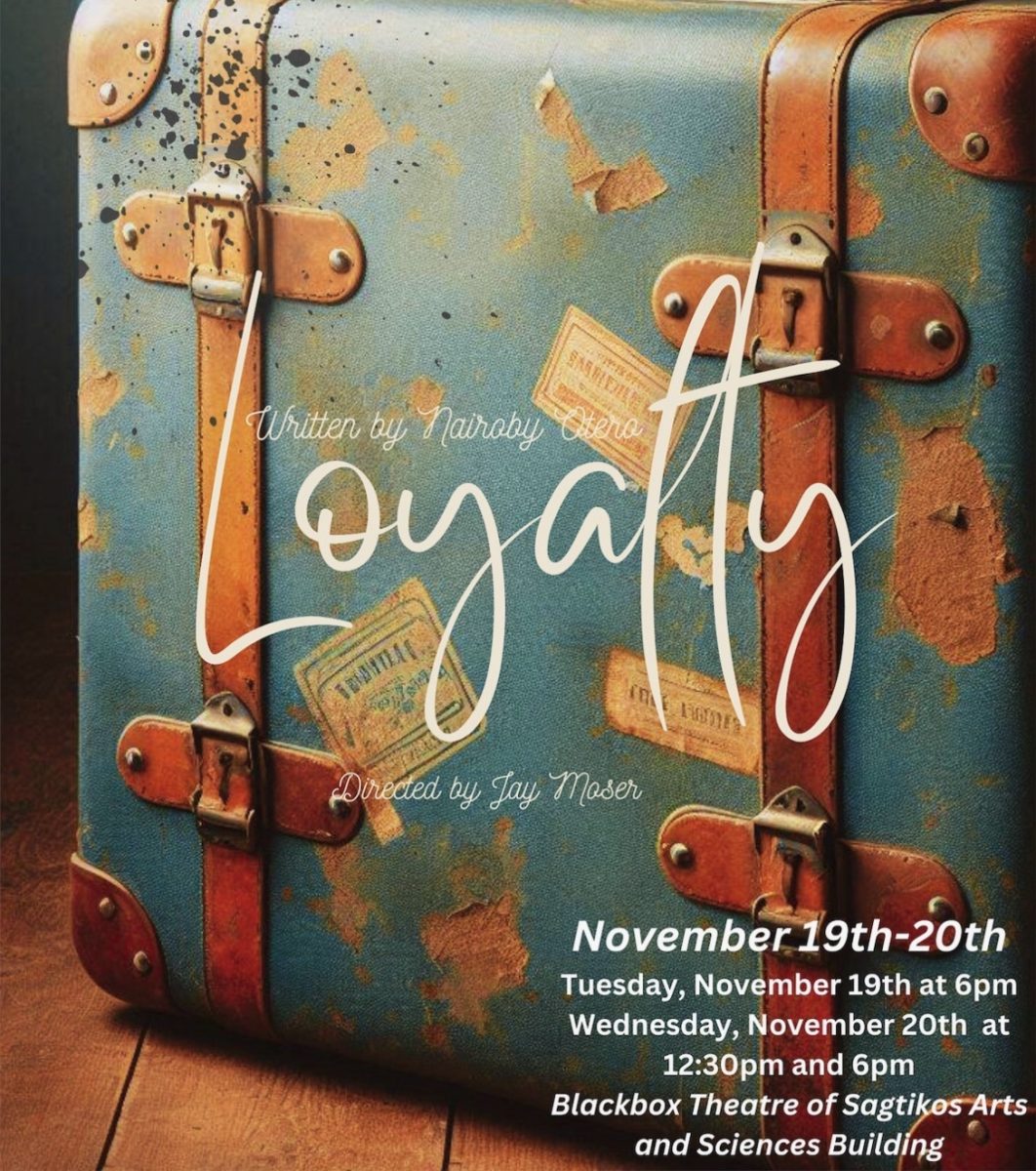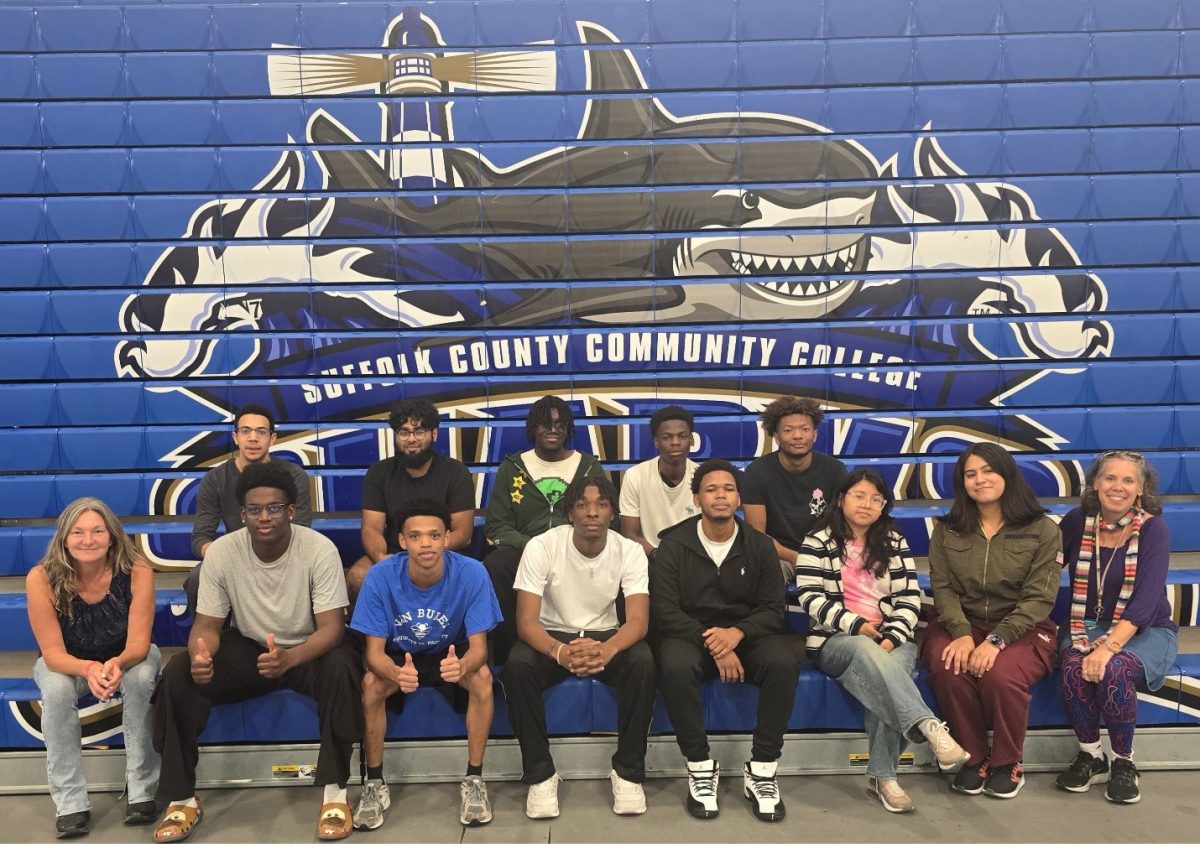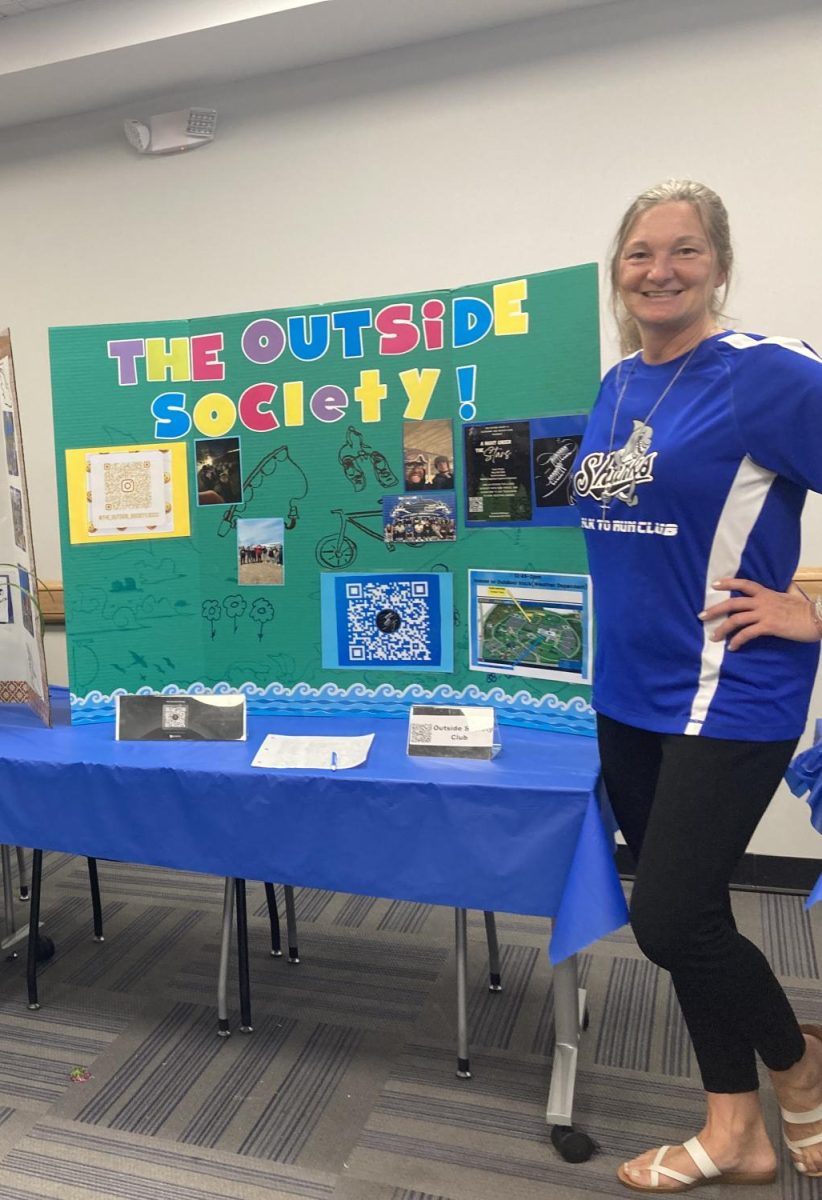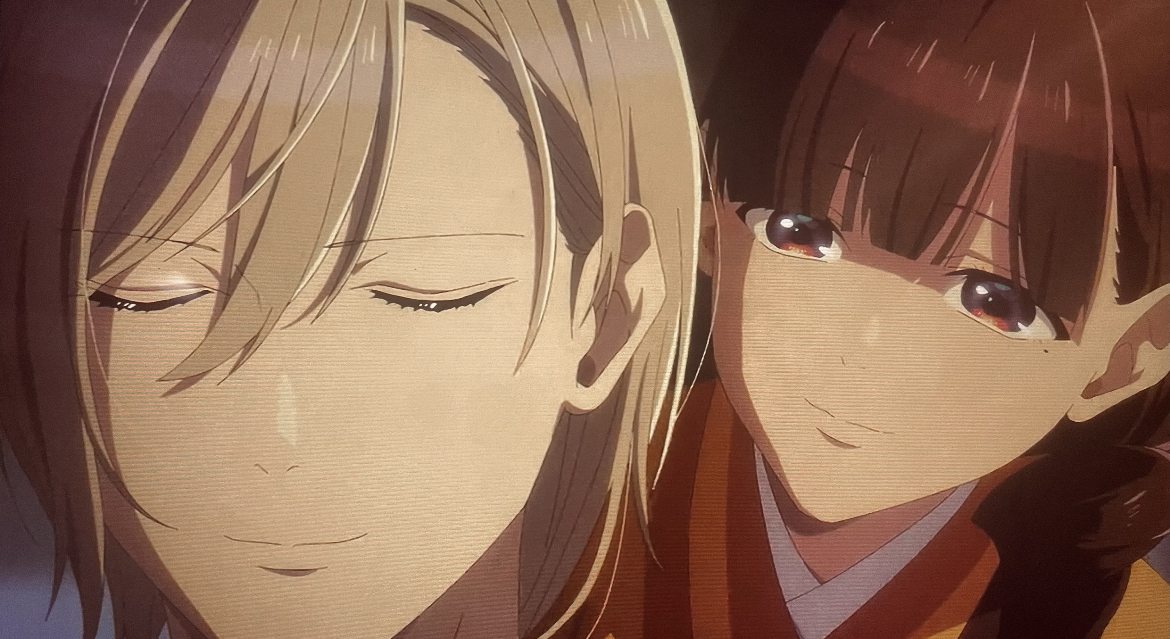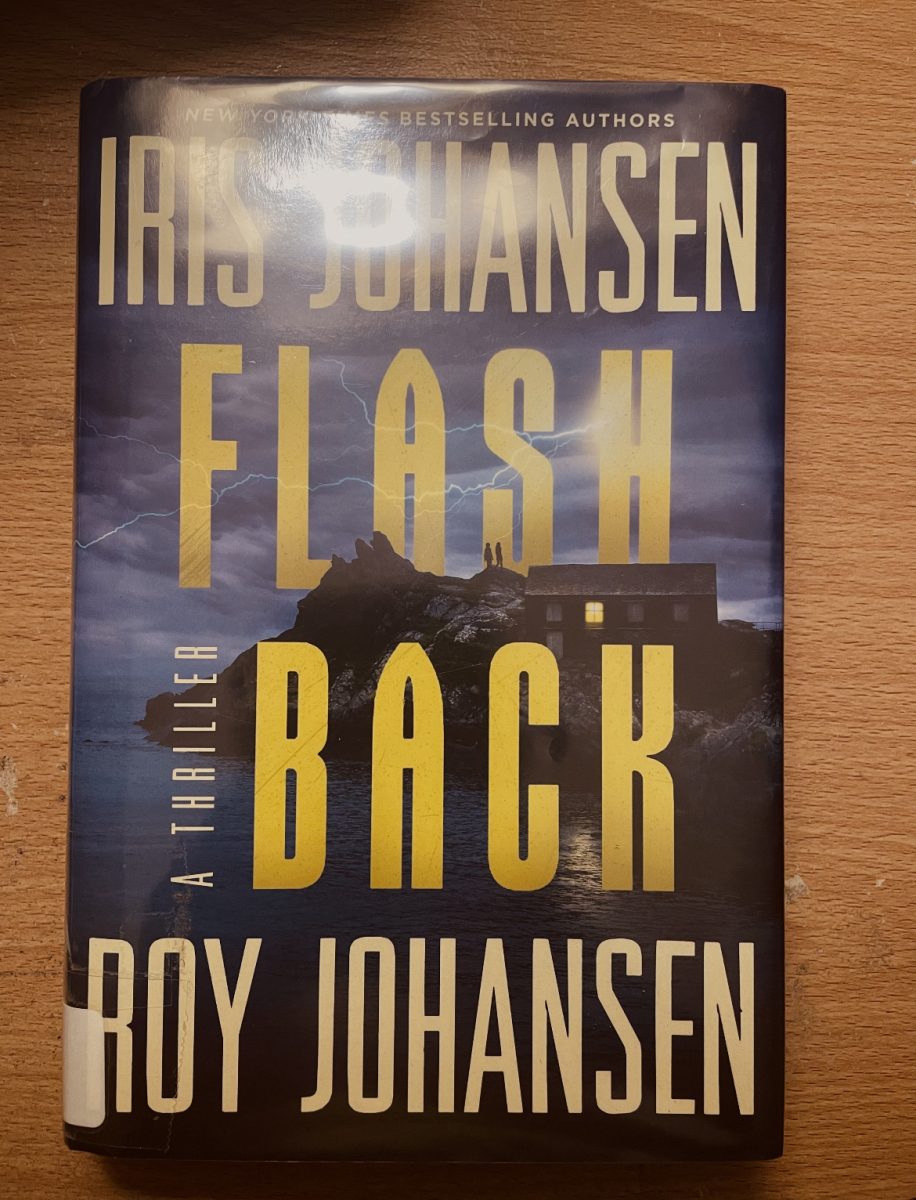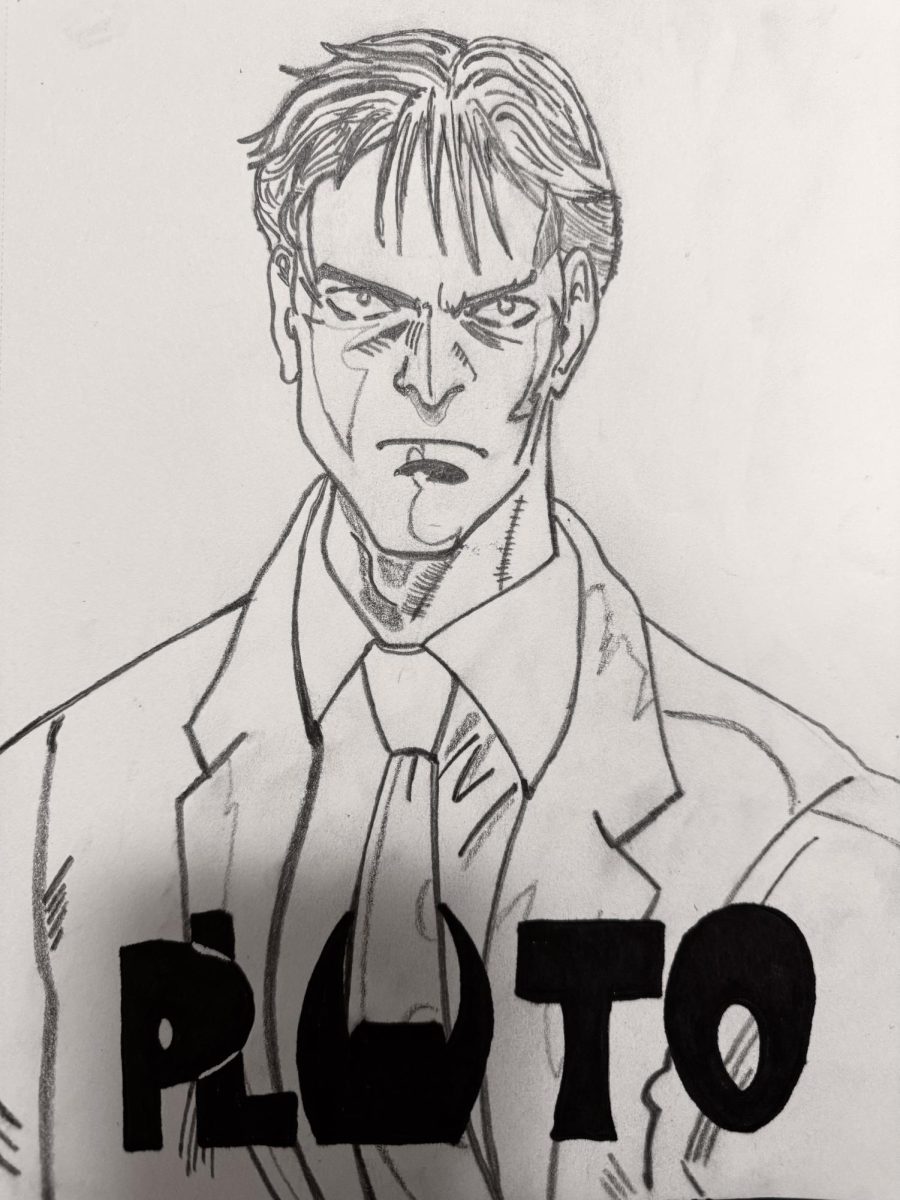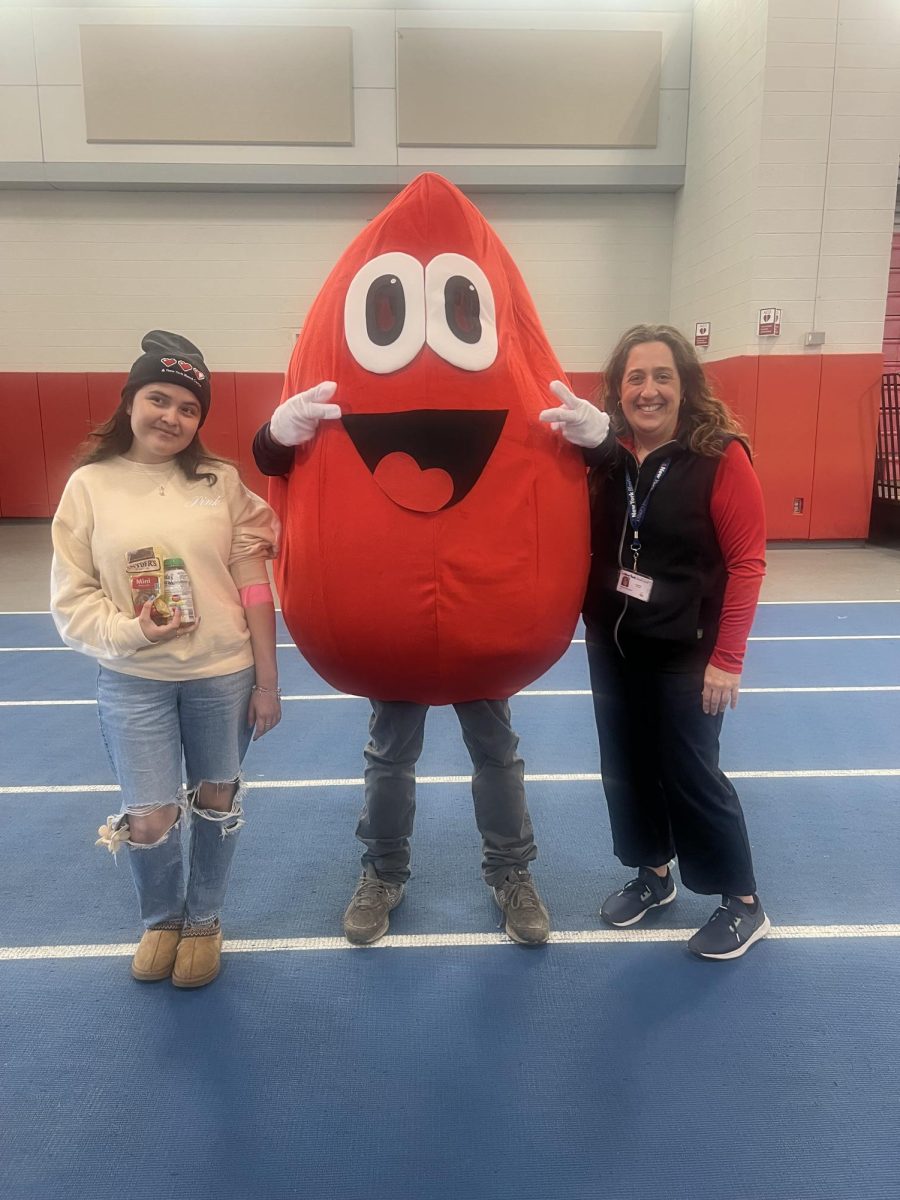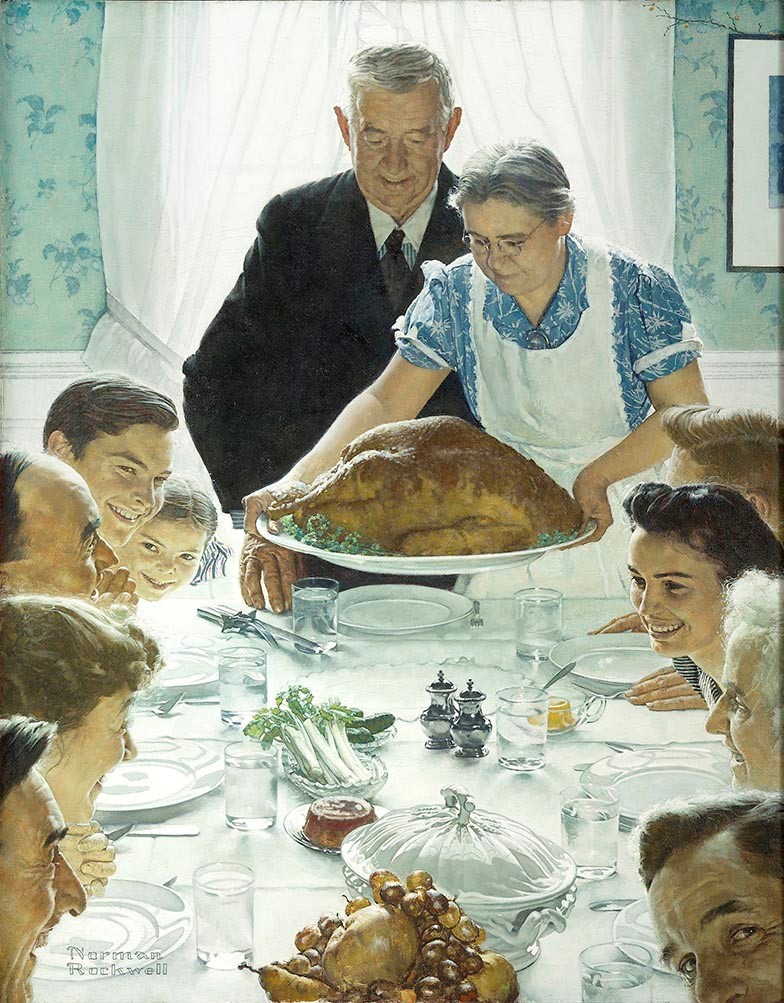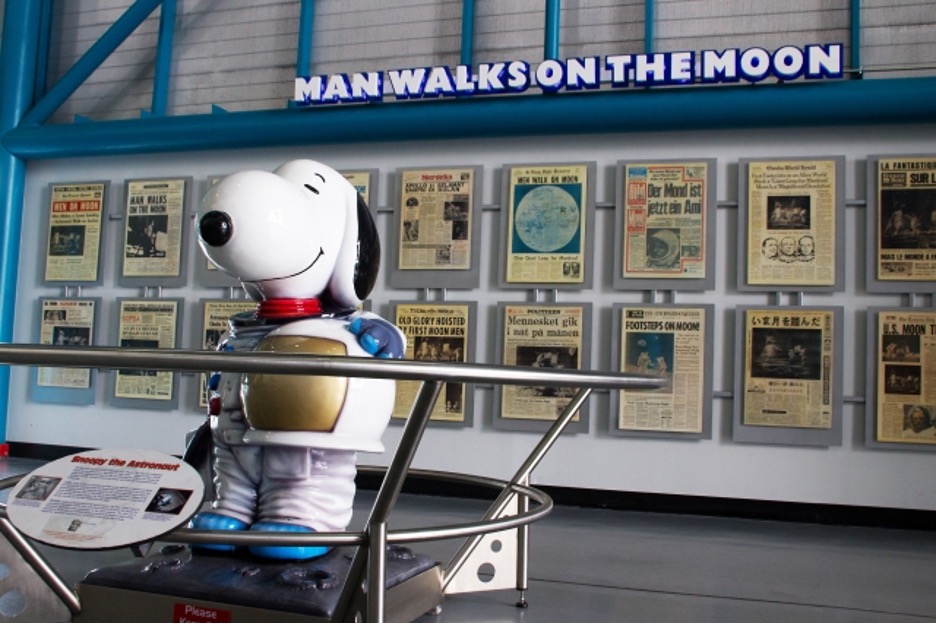In Michael Mann’s 1995 classic film Heat, there’s a pivotal moment where the leader of a group of bank robbers, portrayed by Robert De Niro, deliberates with his crew about an upcoming heist. Believing that they’ve been under police surveillance, they weigh the risks against the potentially lucrative windfall.
When Val Kilmer’s character, expressing his desperation for the money, advocates for going ahead with the job, De Niro’s character turns to the late Tom Sizemore’s character and asks if he’s in or out.
Visibly harrowed and conflicted, Sizemore looks to De Niro and asks what he thinks he should do.
“Elaine takes good care of you, you got plenty put away–you got T bonds, real estate,” De Niro replies, “If I were you, I would be smart; I would cut loose of this.”
Sizemore scans the faces of his fellow thieves, his gaze lingering on each one before he offers a wry smile. “Well, you know, for me…” he says with a chuckle, “the action is the juice–I’m in.”
Now, naturally, this line might seem a touch eloquent for the gritty reality of hardened criminals. Rarely do they behave as poetically as they do in cinema. But beneath the surface of this exaggerated ’90s action movie bravado, lies a core philosophical tenet that resonates with me deeply:
“The action is the juice.”
In his 1978 book, The Snow Leopard, Peter Matthiessen recounts his expedition through the Himalayan Mountains of Nepal to study blue sheep and possibly catch sight of the elusive titular beast. Accompanied by sherpas–locals with vast knowledge of the mountains–serving as guides on the journey, Matthiessen describes their work ethic:
“As GS says, ‘When the going gets rough, they take care of you first.’ Yet their dignity is unassailable, for the service is rendered for its own sake–it is the task, not the employer, that is served. As Buddhists, they know that the doing matters more than the attainment or reward, that to serve in this selfless way is to be free.”
The old cliché goes, “Do what you love and you never work a day in your life.” Yet, I find this notion misleading. The underlying idea suggests that pursuing something you’re passionate about shouldn’t feel like a struggle or a burden. However, in my experience, the opposite holds true. Working on something you love can actually be more challenging, precisely because of the emotional investment required. Yet, the trials and tribulations endured in the pursuit of a labor of love somehow become more bearable; we find ourselves better equipped to endure risks and failures that come our way in these endeavors.
Take my career–please. But in all seriousness, there’s no rational explanation for why anyone would subject themselves to a life working in restaurant kitchens. The pay is meager, the hours are grueling, and there is the constant risk of cuts, burns, and enduring verbal abuse from superiors. When people question why I willingly subject myself to such ignominy on a daily basis, my response is invariably, “Well, I really love cooking,” as if that makes any goddamn sense. It’s almost as if it’s some sort of mental affliction.
Plenty of people enjoy cooking without subjecting themselves to the rigors of a professional kitchen. They don’t need second-degree burns and tearful breakdowns in the walk-in cooler to fulfill their culinary passions. But beyond the sheer joy of creating, what draws me to this work is the opportunity to push myself to the limits, to exert every ounce of effort, only to watch all my hard work–along with my energy and spirit–become totally depleted by night’s end; leaving me to start the process all over again the next day. It’s as if the art can only be truly appreciated once it’s been destroyed. Again–mental affliction.
I believe the noblest way to conduct oneself is with intentionality and purpose, committed to the task at hand, seeking no reward beyond the satisfaction of a job well done. The concept of reward often implies a reliance on external validation, which can breed expectation–the harbinger of disappointment. Despite any efforts to manage expectations, circumstance finds a way of carving its own path. The best way of making God laugh is announcing your plans.
Perhaps the most profound piece of advice comes from the Dread Pirate Roberts when he tells Inigo Montoya: “Get used to disappointment.” It serves as a reminder that life has its difficulties, but its how we respond to them ultimately shapes us. Comfort kills. And never go in against a Sicilian when death is on the line.
Which leads me to the Western Student Press, and of course, this website. Upon assuming the position of Editor-in-Chief this semester, my foremost goal was to establish an online platform that fosters engagement with the student body and facilitates meaningful discourse among students and faculty alike. I perceived this as a long overdue initiative. Interestingly, our faculty advisor, Professor Anita Leibowitz, candidly remarked that the reason for the delay in this endeavor was simply because “nobody wanted to do the work.”
I certainly don’t begrudge any of the erstwhile editors for not taking up the task. It was undeniably challenging: demanding patience, understanding, and compromise alongside the actual labor of building the site. Juggling coursework, gainful employment, and extracurricular responsibilities would undoubtedly have made finding the time a Herculean feat. And truth be told, there certainly was no remunerative motivation to take on the burden of extra work. Yet, here we stand–undoubtedly thanks in large part to the support of the Department of Student Activities and the Student Government Association, and, of course, the invaluable guidance of our esteemed faculty advisor, Professor Leibowitz, who has tirelessly championed the Western Student Press for well over a decade.
We achieved this milestone not only because it was worth doing but because it needed to be done. There’s no doubt that the website will be a tremendous asset to our school. We take immense pride in introducing this website to you, aiming to foster communication and strengthen the sense of community across Grant Campus and SCCC at large.
While we remain committed to our printed editions of WSP, westernstudentpress.com will serve as a vital hub, offering regular, timely updates on campus news, as well as facilitating discussions and reflections on the arts, current events, and campus life. I derived immeasurable satisfaction from the entire process of establishing the site and can not wait to continue this important work alongside the incredible staff of the WSP.
Our goal is to create a space where every member of our community feels heard, valued, and connected. Please share your questions, comments, viewpoints, or story ideas with me via email at [email protected]. Additionally, if you feel inspired to contribute as a writer, photographer, or artist, please don’t hesitate to reach out.
Welcome–to Jurassic Park.
––
OPUS EST SUCUS
CRM
—
OPUS EST SUCUS,
CRM




